Data Recovery Services in Pennsylvania
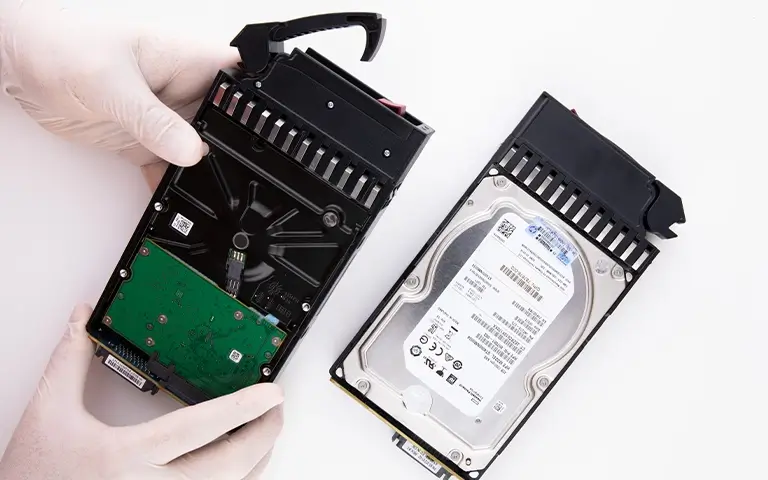
RAID Data Recovery
Recovery for failed RAID arrays, parity errors, and controller faults across all RAID levels.
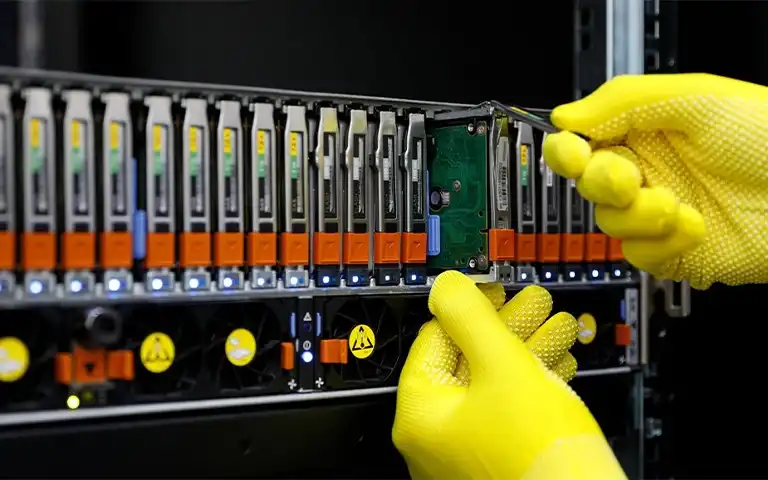
Server Data Recovery
Enterprise recovery for physical and virtual servers impacted by failure or file system damage.

NAS Data Recovery
Professional NAS recovery for failed drives, corrupted volumes, and inaccessible shared data.
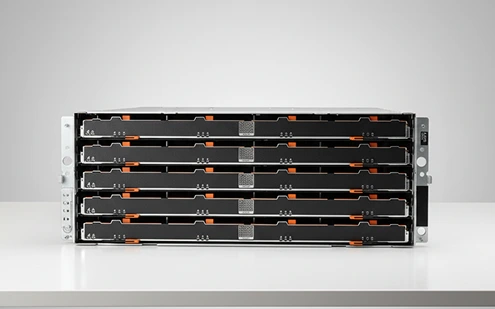
SAN Data Recovery
Specialized recovery for SAN storage affected by LUN corruption or controller failures.
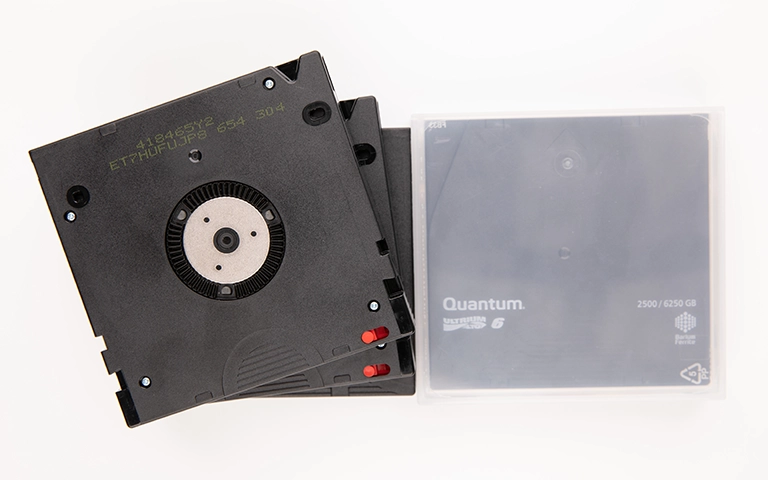
Tape Data Recovery
Data recovery from damaged or unreadable backup tapes, including LTO and legacy formats.
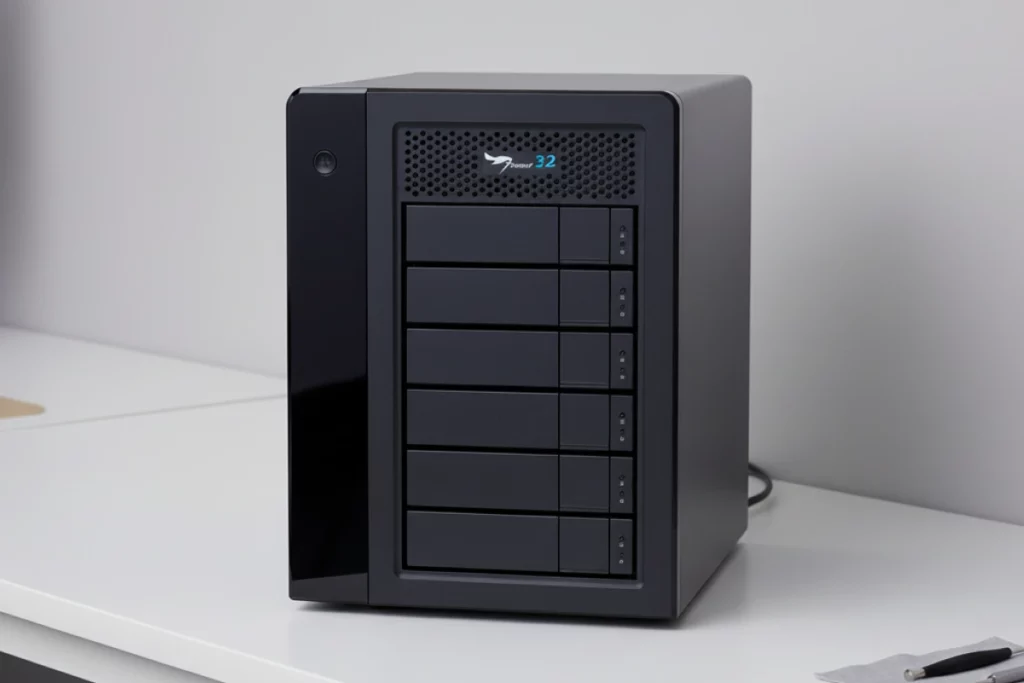
Database Data Recovery
Recovery of corrupted or deleted database files, logs, and tables to restore operations.
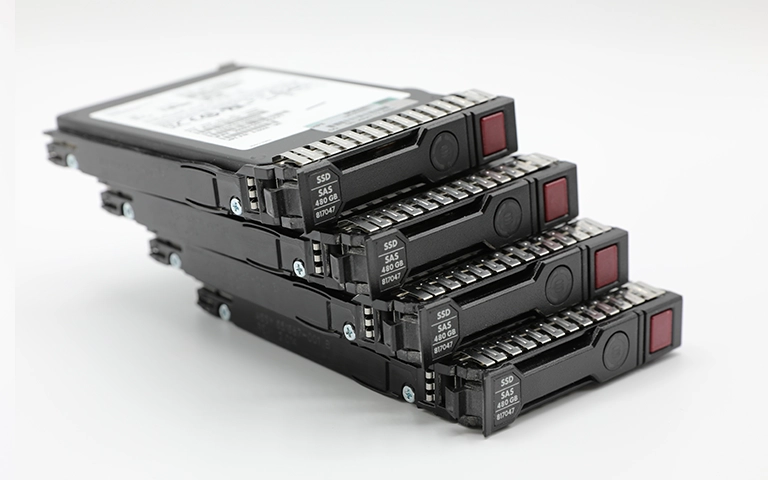
Virtualization Data Recovery
Recovery of virtual machines and datastores after deletion, corruption, or snapshot failure.

Windows Data Recovery
Windows data recovery for deleted files, formatted drives, and NTFS file system corruption.
Data is crucial for any organization, and its loss can lead to severe outcomes, including financial harm and harm to reputation. Data recovery should be a top priority for businesses looking to safeguard their information assets. RAID recovery goes beyond retrieving lost files; it involves rebuilding the logical unit using specialized techniques requiring in-depth knowledge of RAID technology. A single mistake during the recovery process could result in permanent data loss, so it’s crucial to have experienced professionals handle the task.
RAID Recovery Locations in Pennsylvania
Whether an IT professional or a business owner, understanding RAID recovery is essential for safeguarding your information assets. RAID systems are a popular choice for data storage due to their ability to enhance performance, reliability, and scalability. This is achieved by combining multiple physical hard drives into a single logical unit, which distributes data across the disks using techniques such as mirroring or striping. However, while RAID protects against drive failure, it’s not immune to other forms of data loss.
RAID Recovery Service in Pennsylvania
Selecting the appropriate RAID recovery service provider is essential to safeguarding your data’s security and integrity throughout the recovery journey. Look for a provider with a strong track record of success and expertise in dealing with various RAID configurations and levels. They should offer a transparent process, starting with thoroughly evaluating your RAID array to assess the damage and potential for recovery.
The provider should also maintain the highest security standards, ensuring your sensitive data remains confidential throughout the procedure. Additionally, check for customer reviews and certifications that attest to the provider’s ability to handle complex data recovery scenarios.
A trusted provider offers a no-recovery, no-fee guarantee for your peace of mind. For assurance and expert support, contact our team today.
While RAID protects against drive failure, it’s not a substitute for regular backups. A solid strategy includes both on-site and off-site solutions—like external drives and secure cloud storage—to ensure data redundancy and fast recovery in case of failure.
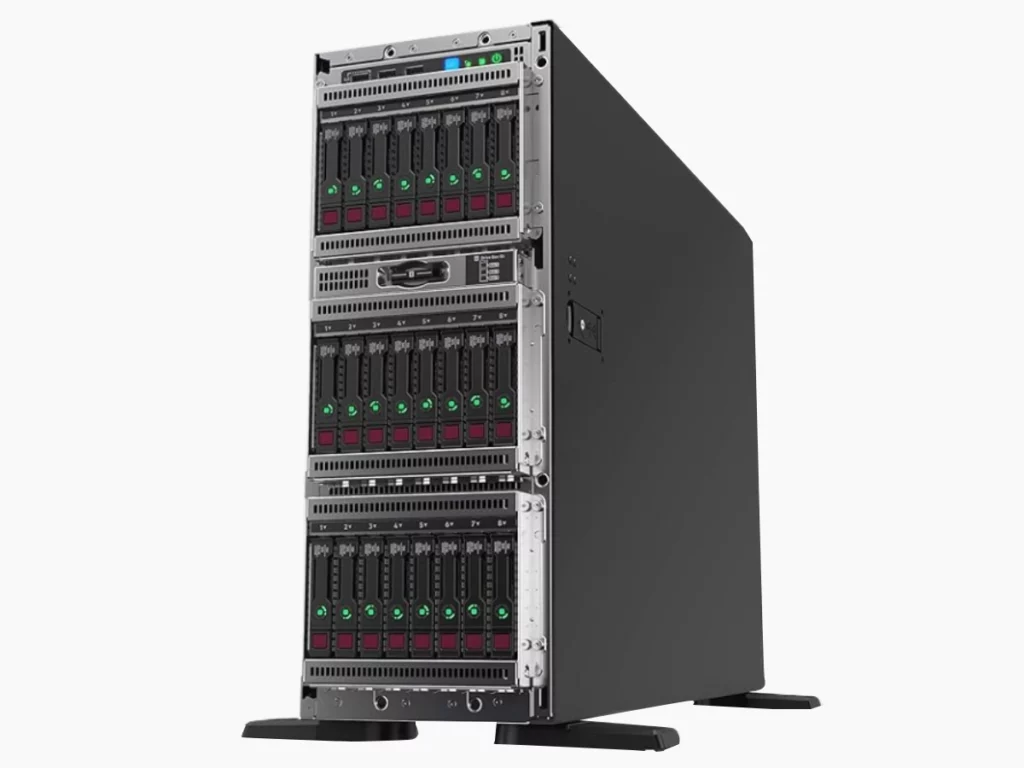
Data Recovery for RAID levels in Pennsylvania
One of the most critical aspects of RAID recovery is understanding the different levels or configurations of RAID systems. These include RAID 0, 1, 5, 6, and 10, each with unique features and benefits. For example, RAID 0 provides enhanced performance by stripping data across multiple drives, but it offers no redundancy, meaning that the failure of one drive will result in complete data loss. Below is a condensed overview of the prevalent RAID levels
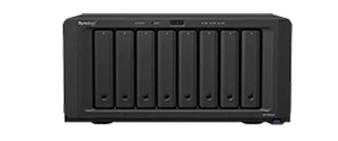
If you need to recover data from a failed RAID 0 array, contact our team of experts for fast and reliable recovery services.
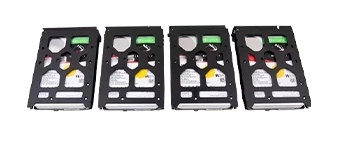
For fast and reliable recovery services to retrieve data from a failed RAID 1 array, reach out to our team of experts.
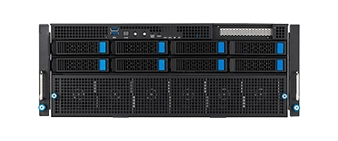
If you require data recovery from a RAID 5 array, contact to our professional team for trustworthy recovery services.
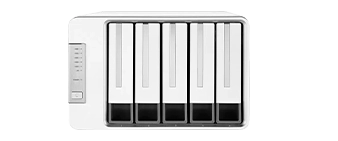
Contact our expert team for fast and reliable recovery services for failed RAID 6 arrays. Recover your valuable data with us.
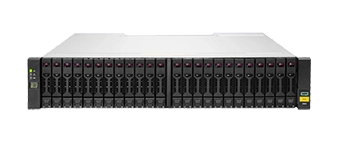
Need data recovery from a failed RAID 10 array? Contact our experts for reliable and fast recovery services.
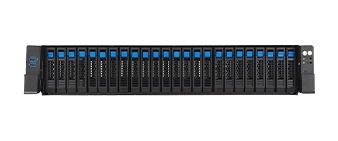
For professional data recovery from a RAID 50 array, contact our team of experts who offer reliable recovery services.
On the other hand, RAID 1 uses mirroring to duplicate data on multiple drives, providing a higher level of redundancy but sacrificing some performance. In addition to understanding the different levels of RAID systems, having a solid disaster recovery plan is crucial for minimizing the impact of an unexpected data loss incident. Its primary objectives are to enhance redundancy and optimize performance.
Understanding the different RAID levels is essential to determine the most suitable configuration for your data storage needs. When choosing a RAID level, cost, performance, and fault tolerance must be considered. Additionally, regular backups and a comprehensive disaster recovery plan are crucial in the event of a RAID failure to minimize data loss and downtime. So, consulting with professionals or doing thorough research is always recommended before setting up a RAID configuration. With proper knowledge and precautions, your valuable data can remain safe and protected even in
